Do Chickens get sad when Another Chicken died ?
Chickens, those seemingly simple creatures that roam our farms and backyards, might not strike you as emotional beings at first glance. However, if you’ve observed them closely, you’ll quickly realize there’s more to these feathered friends than meets the eye. Today, we’re delving into the intriguing world of chicken emotions and asking whether chickens get sad when another chicken dies.
Understanding Chicken Social Behavior
Chickens are social animals. They thrive in flocks, forming intricate hierarchies known as the pecking order. Within these feathered communities, they communicate with each other in ways we might not fully grasp.
The pecking order isn’t just a phrase used to describe dominance; it’s a social ranking system among chickens. They establish and maintain their positions through a complex web of interactions. While it might seem like mere pecking, it’s their way of maintaining order.


Grief and Emotions in Chickens
Let’s get to the heart of the matter: do chickens experience emotions? Research in recent years suggests that they do. While their emotions may not mirror ours precisely, chickens exhibit behaviors indicative of emotional states.
Imagine you’re part of a tight-knit group, and suddenly, one of your closest friends vanishes without a trace. Chickens go through something similar when one of their flock members passes away. This raises the question of whether they experience grief.
Recognizing Grief in Chickens
Grief in chickens isn’t as obvious as in humans or other animals, but it’s there if you look closely. Chickens that have lost a companion may display signs of distress. These signs can include changes in vocalizations, altered feeding and drinking habits, and even isolation and withdrawal from the flock.
Researchers have also noted instances where chickens seem to mourn their fallen comrades. It’s not uncommon to see a group of chickens gathered quietly and solemnly around the lifeless body of one of their own.
Factors Influencing Chicken Grief
The depth of grief a chicken experiences can vary based on several factors. The strength of the bond between the departed chicken and the grieving one plays a significant role. Age and experience, environmental stressors, and even the cause of death can influence the intensity and duration of grief.
Chickens that have spent a long time together or raised chicks together often form deep bonds. Losing a companion they’ve shared their lives with can be profoundly affecting.
Comparing Chicken Grief to Other Animals
While we’re on grief, it’s essential to note that chicken grief might not look the same in other animals. Each species has its unique way of expressing and processing emotions.
For instance, when an elephant loses a family member, it might stand vigil over the body for days. On the other hand, Chickens might gather briefly and then gradually resume their daily activities. This difference in behavior doesn’t mean chickens don’t feel grief; it simply means their expressions are distinct.
Ethical Considerations
The realization that chickens experience emotions like grief has raised ethical considerations, especially in farming. In commercial poultry operations, chickens are often raised in crowded conditions, making it challenging to form strong social bonds. Understanding their emotional lives underscores the importance of improving living conditions to ensure their welfare.
Coping Strategies for Chicken Grief
So, what can we do to support chickens dealing with grief? Providing emotional support to grieving chickens might sound peculiar, but it can be as simple as ensuring a calm and safe environment. Introducing new flock members can also help fill the void left by a departed companion.
Conclusion
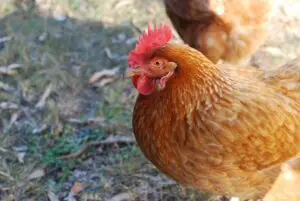

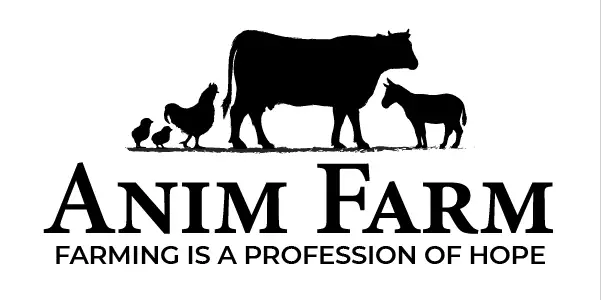

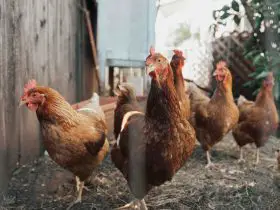

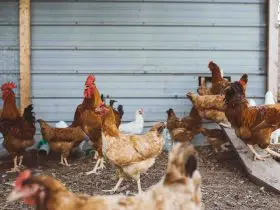
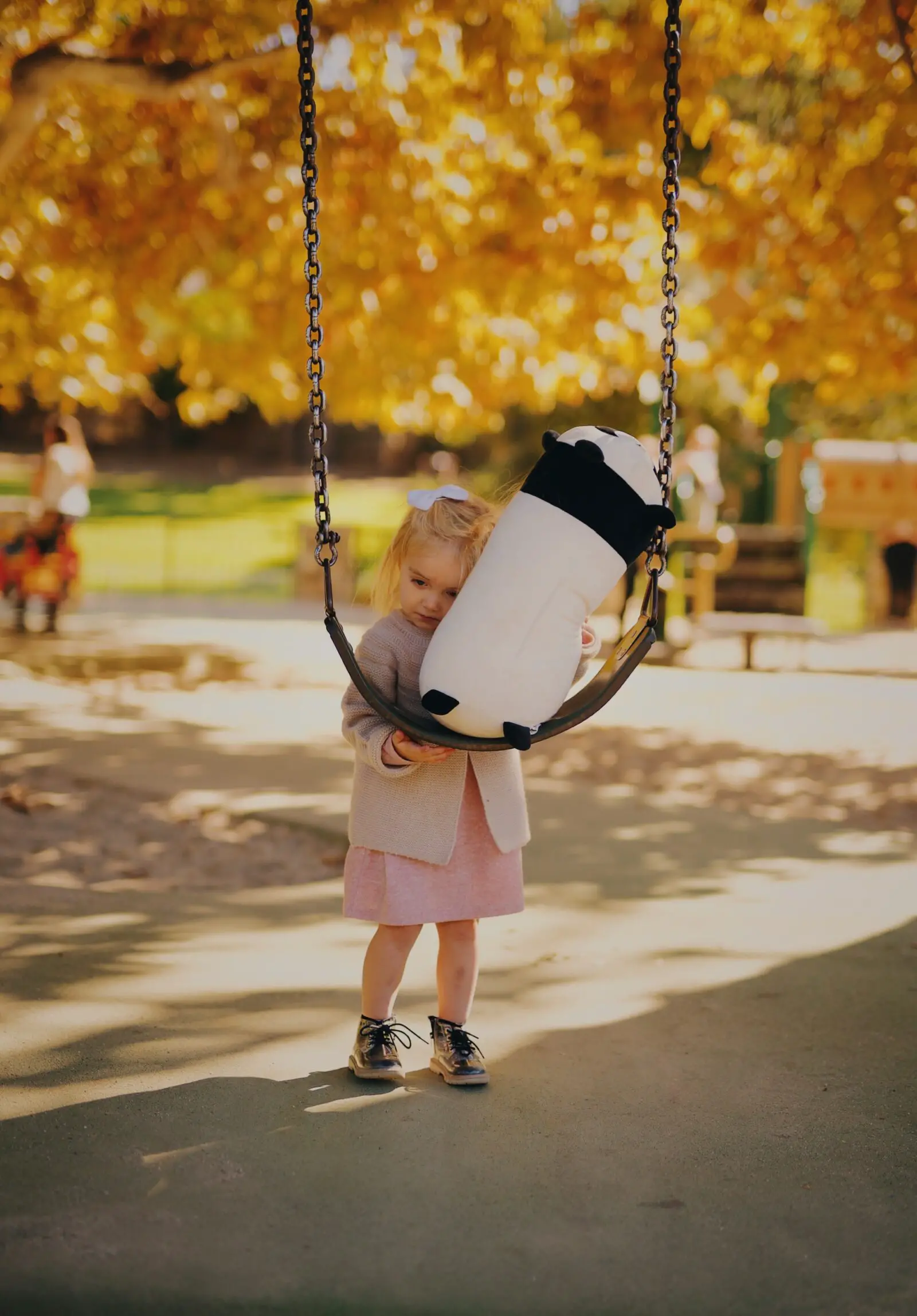




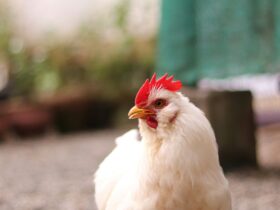

Hello!! Welcome to Anim Farm